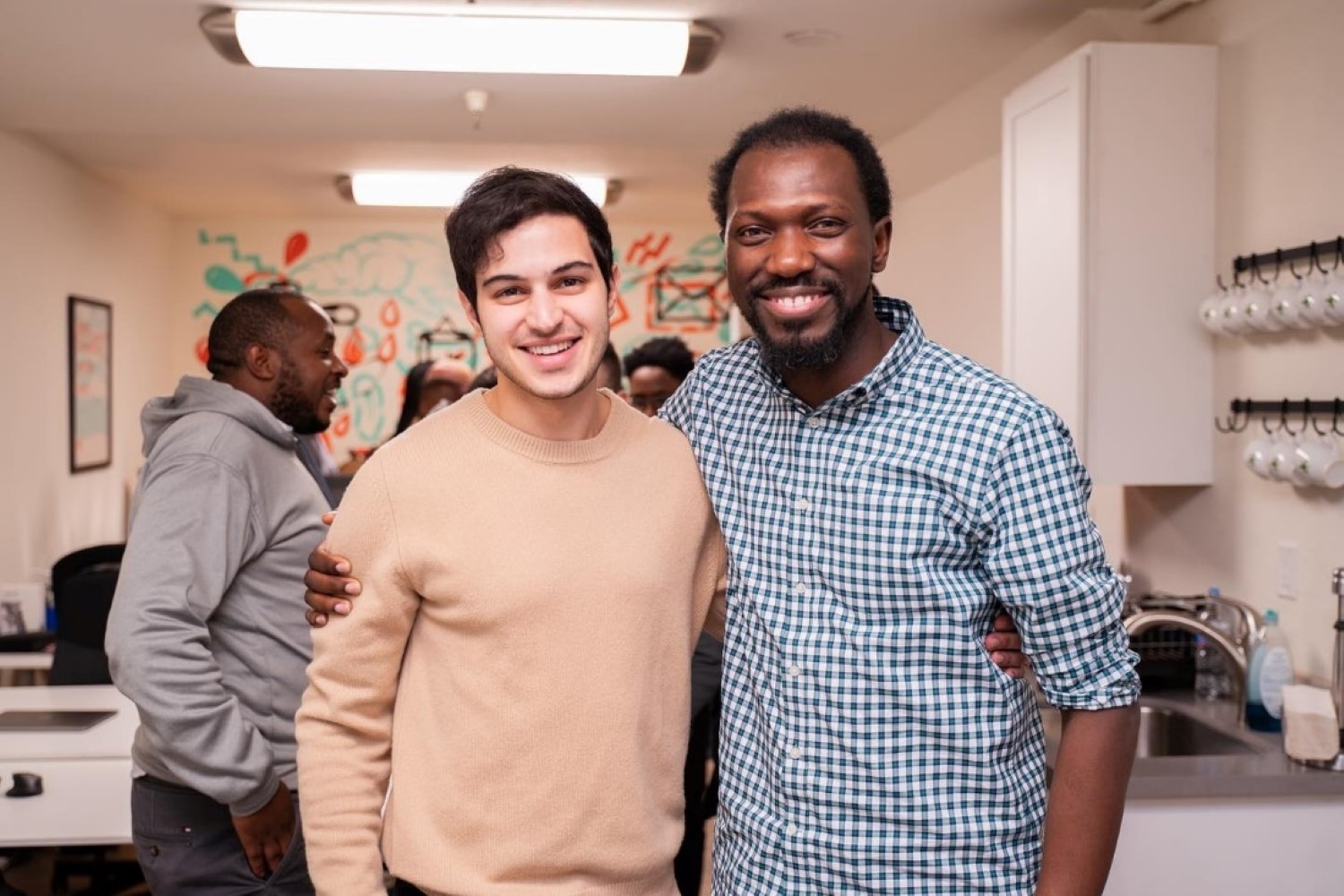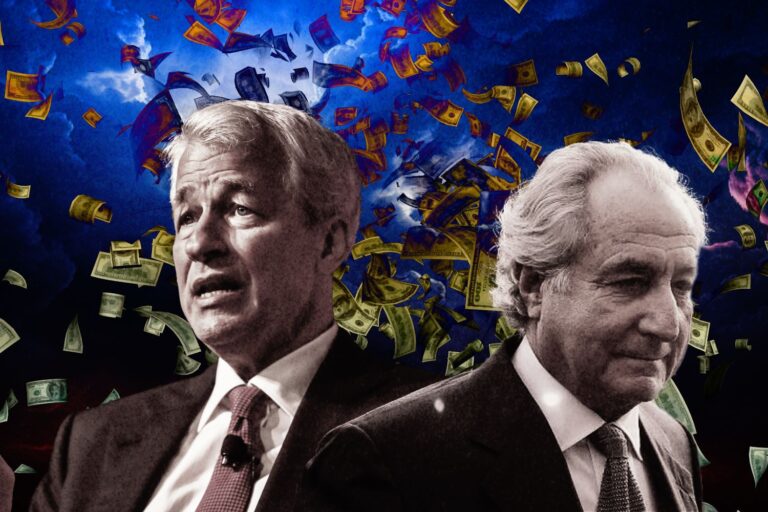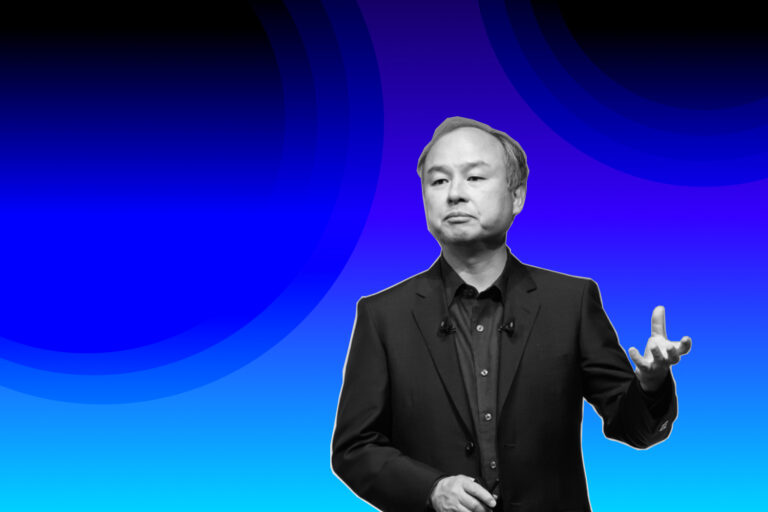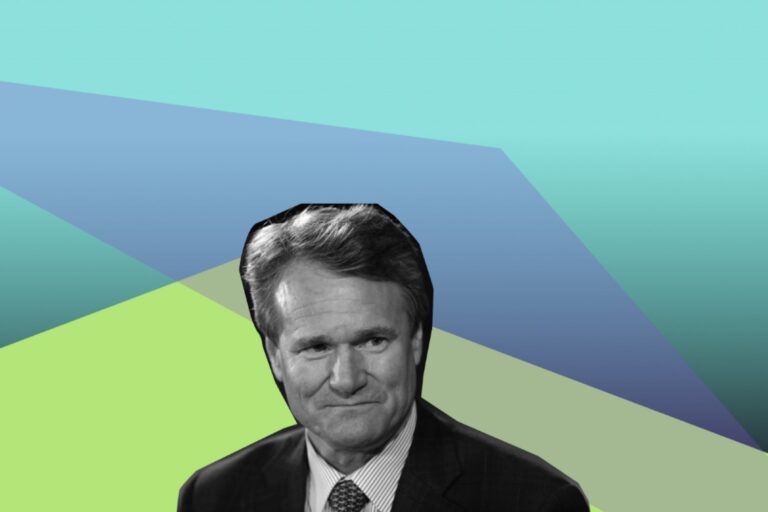Flutterwave’s Story: The Fintech Hero Who Links Africa to the World
Flutterwave, located in San Francisco, California, was founded in 2016 by a team of African financial and technology professionals, including Iyinoluwa Aboyeji, Olugbenga Agboola, and Adeleke Adekoya. Since its establishment, Flutterwave has become one of the world’s fastest-growing payment firms, having handled about $2 billion in payments and 25 million transactions throughout the 33 African nations it presently operates. Nevertheless, the company wasn’t stopping there, in 2017, it was selected as Africa’s best fintech company at the Apps Africa Innovation Awards.
The company’s mission is to create endless possibilities for customers and businesses in Africa and the emerging markets. It doesn’t just grow commerce across the continent, it also extends its prosperity, and with prosperity comes so much more. The CEO of Flutterwave, Olugbenga ‘GB’ Agboola once said, “Africa is not a continent but we make it feel like one.”
The company’s primary advantage is worldwide payment processing in 150 currencies and multiple payment modes, including local and international cards, mobile wallets, bank transfers, and barter by Flutterwave, among others.
The Eventful Process of Completing Flutterwave’s Leadership Apparatus
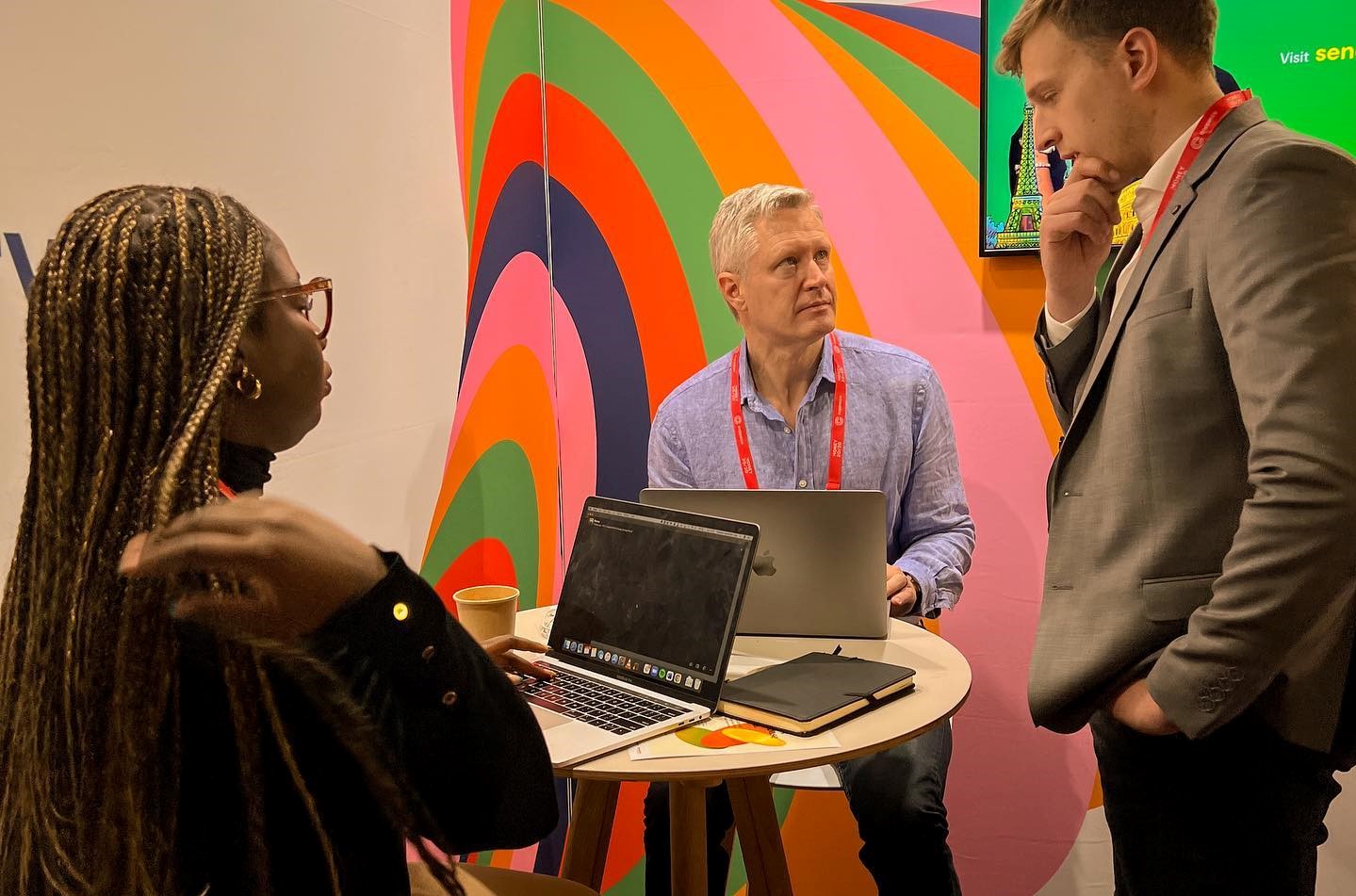
Agboola had his primary and secondary education in Nigeria before acquiring an MBA from the Massachusetts Institute of Technology (MIT) Sloan School of Management in Cambridge, as well as a master’s degree in information technology security and behavioral engineering. He also has numerous certificates from renowned colleges across the world in a wide range of fields. Agboola is more than simply a financial technology engineer; he is also a qualified ethical hacker, a certified security analyst, and a Microsoft-certified system engineer.
Agboola worked in a variety of roles at major world-class organizations in the 13 years before founding Flutterwave with like-minded companions. From May 2016 until August 2018, he worked as the Senior Entrepreneur in Residence at Africa Fintech Foundry before becoming CEO of Flutterwave. In 2017, he also participated in the Strategic Marketing Program at Northwestern University’s Kellogg School of Management in Evanston, Illinois. He has been an entrepreneur with Royal Bank of Scotland Business since October 2018.
Working with these organizations gradually turned his attention to Africa’s payment system challenge and how a single invention may offer a resolution. In an interview, Agboola recounted that while African nations had powerful payment systems, none of these solutions could interoperate with one other and allow consumers to make and receive payments across international boundaries. Flutterwave came in to resolve this challenge.
Olugbenga Agboola left Standard Bank for Sterling Bank for just a short time before joining Google. After leaving Google, he co-founded PayWithCapture alongside Flutterwave’s Chief Commercial Officer, Ife Orioke. PayWithCapture was finally bought by a bank, and Flutterwave’s debut was in full swing.
Adeleke Adekoya was the corporate expert at Flutterwave, with a background in finance, while Agboola was the product guy who wanted to deliver products and hand over the CEO title to someone with an institutional understanding of the startup scene. When Agboola discovered that Aboyeji, the then-co-founder of Andela, had left the firm, he invited Aboyeji to join Flutterwave. Aboyeji agreed, joining as the third co-founder with equity and a seat on the board. Aboyeji was the company’s original CEO, with Agboola serving as Chief Technical Officer until October 2018, when Aboyeji decided to step down and Agboola took over as CEO.
“The butterfly is a tiny insect, but the fluttering of the butterfly’s wings can make waves, and I thought – Flutterwave” Agboola explained. Flutterwave’s founder and CEO said the firm’s narrative is one of resilience and hard work, emphasizing that the company’s success has been thanks to the assistance of customers, partners, banks, the public, regulators, and, most crucially, the people.
Negative Effects of Falsified Alligations and How Flutterwave Overcomes
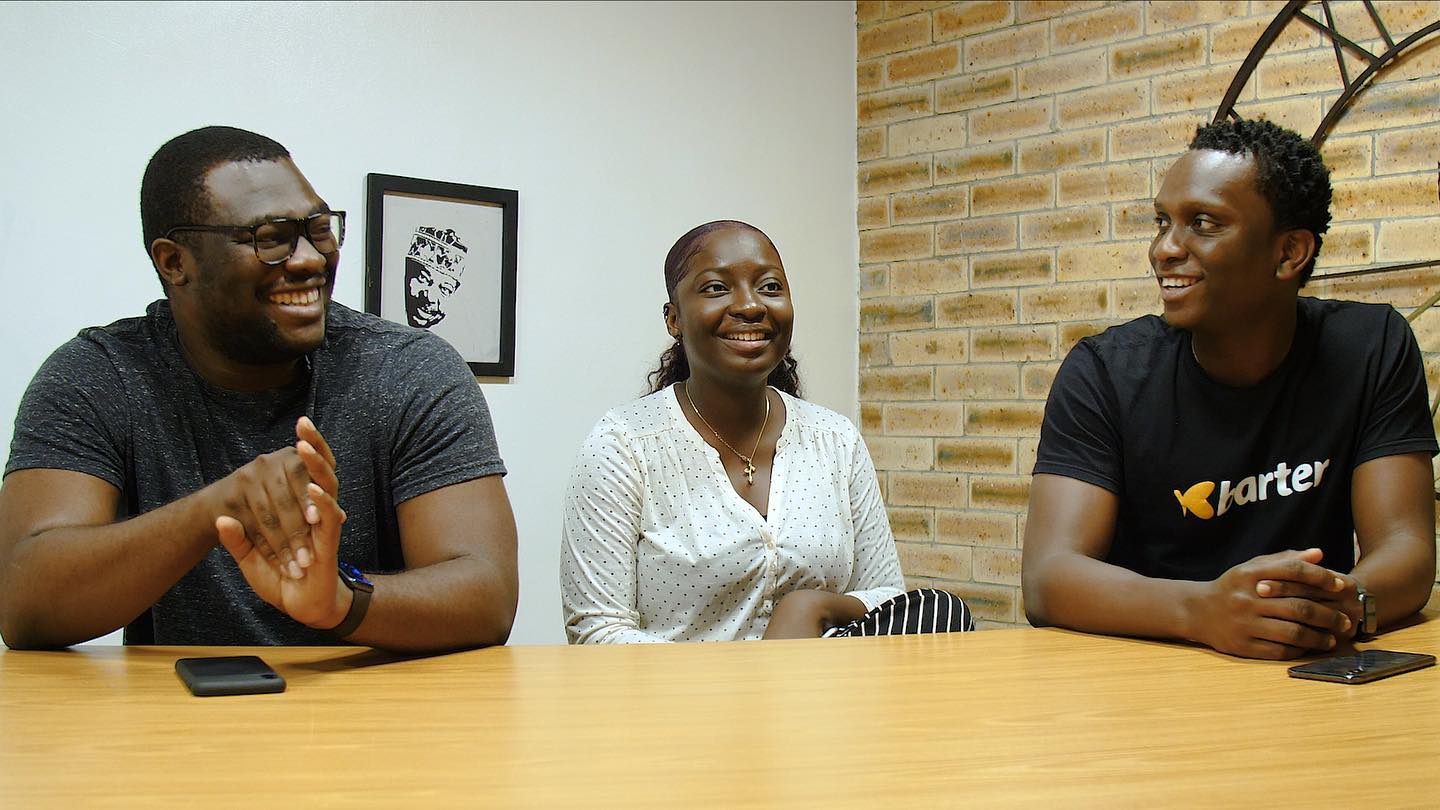
Shortly after Aboyeji’s resignation in 2018, the firm began soliciting funds for its Series B round but was struck by unidentified assaults on leadership and key personnel. The Flutterwave staff received anonymous emails alleging mishandling of cash and sexual harassment. While the firm was attempting to figure out what was going on, the anonymous email reached the primary investor, who chose to withdraw from the Series B round.
Flutterwave lost that investor and therefore would not be able to secure Series B funding till 2020. The attacks worsened shortly after Flutterwave closed its Series B round, requiring the board to request an independent investigation by a US firm. The firm performed a thorough investigation and determined that the accusations were not believable, clearing Flutterwave of any wrongdoing.
However, Agboola revealed that the corporation had dealt with an internal sexual harassment claim prior to this probe. As a result, the firm conducted an investigation and determined that an employee had been inappropriate to his teammates, resulting in his instant firing. Furthermore, Ernst & Young implemented a workplace safety policy for Flutterwave, while PWC set up a whistleblower system for its workers.
Dream Financially Calls of Millions of Other Entrepreneurs
Because Flutterwave’s objectives need institutional finance for scaling, the firm opted to engage in its first accelerator program in 2018. This start-up successfully received $20 million in its initial round of capital, known as series A funding. Flutterwave soon expanded to series B fundraising after realizing its capacity to attract more financial investment. However, the firm has been confronted with a number of reputational damage allegations, and it took nearly two years to truly rebalance before successfully raising $35 million in 2020.
Just one year later, in 2021, this business continued to participate in series C funding and reap a huge amount of money. Flutterwave said that it has closed $170 million in series C fundraising, valuing the firm at more than $1 billion. Hence, after just roughly three years of the accelerator method, Flutterwave had received $225 million, making it one of the few African firms that have raised more than $200 million.
Flutterwave announced that it has raised USD $250 million in Series D fundraising, valuing the firm at more than $3 billion, on February 16, 2022. The financing was headed by respected investor B Capital Group, with involvement from Alta Park Capital, Whale Rock Capital, and Lux Capital, amongst many others, according to Flutterwave. Glynn Capital, Avenir Growth, Tiger Global, Green Visor Capital, and Salesforce Ventures were some of the existing investors that participated in prior rounds.
Thanks to this significant investment, Flutterwave became the most valuable African start-up. It empowered Flutterwave’s ambitious expansion project to accelerate client acquisition in existing markets and growth through M&A, as well as create supplementary products and encourage new breakthroughs in the development of its goods and services. Additionally, it is a testament to Africa’s ability, entrepreneurship, and youthful, passionate individuals and a significant affirmation of Africa’s commercial, innovation, and technology sectors.
Expanding Relationships with the ‘Big Guys’ in the Same Market
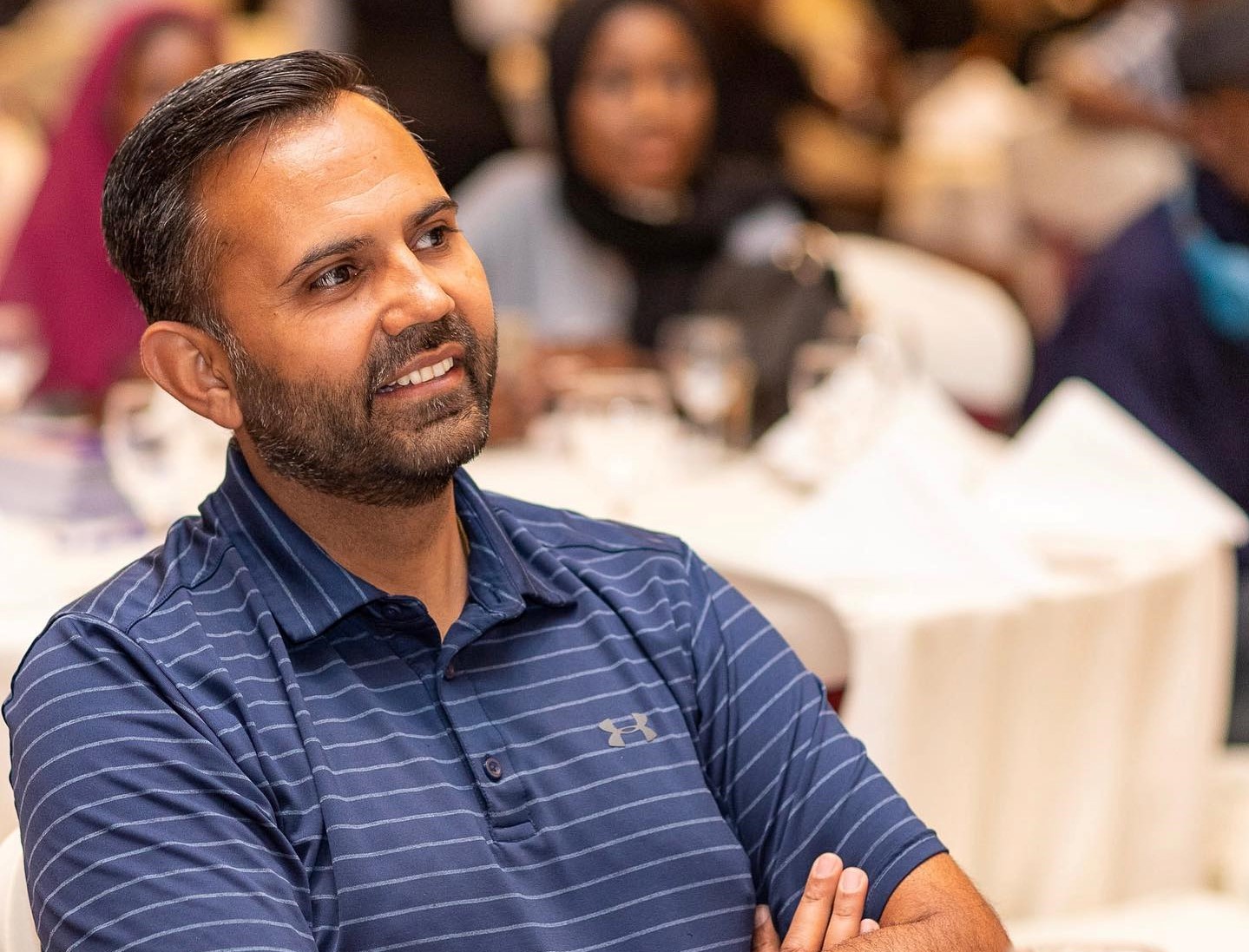
In 2020, the payment technology company struck commercial agreements with Visa and Worldpay from FIS, two corporations that participated in Flutterwave’s $35 million Series B financing targeted at expanding beyond Francophone and North African markets. The collaboration with FIS, a multibillion-dollar Fortune 500 business, would allow Worldpay merchant clients in Europe or the United States to take payments from African customers. Furthermore, through the Visa alliance, Flutterwave “will further scale its consumer payment service, Barter, and its merchant acquiring service, Rave, through Visa products such as Visa Direct, Visa QR, and virtual card,” the company stated in a press release, adding that the partnership would provide greater usefulness to the platform’s over 90,000 companies as well as the growing number of Barter users.
Flutterwave established a partnership with global powerhouse Paypal in early 2021, allowing PayPal consumers to pay African businesses using the FinTech startup’s platform. Flutterwave can now effortlessly link small and medium-sized companies (SMBs) in Kenya, South Africa, Egypt, Morocco, Mauritius, Malawi, Mozambique, and Senegal to PayPal’s 377 million-plus account holders across the world. According to Flutterwave, the cooperation is intended to remove a barrier to cross-border business. Flutterwave, like Paypal, had benefitted from the pandemic’s digital payments and eCommerce boom.
Flutterwave signed a deal with Airtel Money in September 2021, the company’s newest collaboration as it strives to grow Airtel Money services to companies across East Africa, where Airtel presently has over 19.2 million East African subscribers. Businesses in Uganda, Zambia, Malawi, Tanzania, Rwanda, and Kenya will be able to integrate Flutterwave and accept payments from Airtel Money customers, as well as merchant clients who find it cheaper, faster, and more convenient to make bulk payments directly to their employees’ Airtel Money wallets, thanks to the agreement. Agboola stated that the company’s purpose is to “support African businesses digitize their payments methods,” as evolving customer behavior and growing eCommerce push broader usage of mobile money payments.
Also in September 2021, the company also announced a mobile money partnership with South Africa’s MTN Group, Africa’s largest telecommunications provider, allowing businesses that integrate Flutterwave to accept payments via MTN Mobile Money (MoMo) in five countries: Cameroon, Côte d’Ivoire, Zambia, Uganda, and Rwanda. The initiative aims to bring masses of unbanked people in those nations into mainstream financial services while also allowing Flutterwave to provide MTN Momo as a payment option to its corporate customers. “Our goal has always been to grow a new wave of prosperity in Africa by creating more avenues for businesses in Africa to accept payments,” Agboola said. “With this partnership, we can achieve this while creating endless possibilities for our customers.”
In Terms of People, What Do Flutterwave’s Leaders Value the Most?
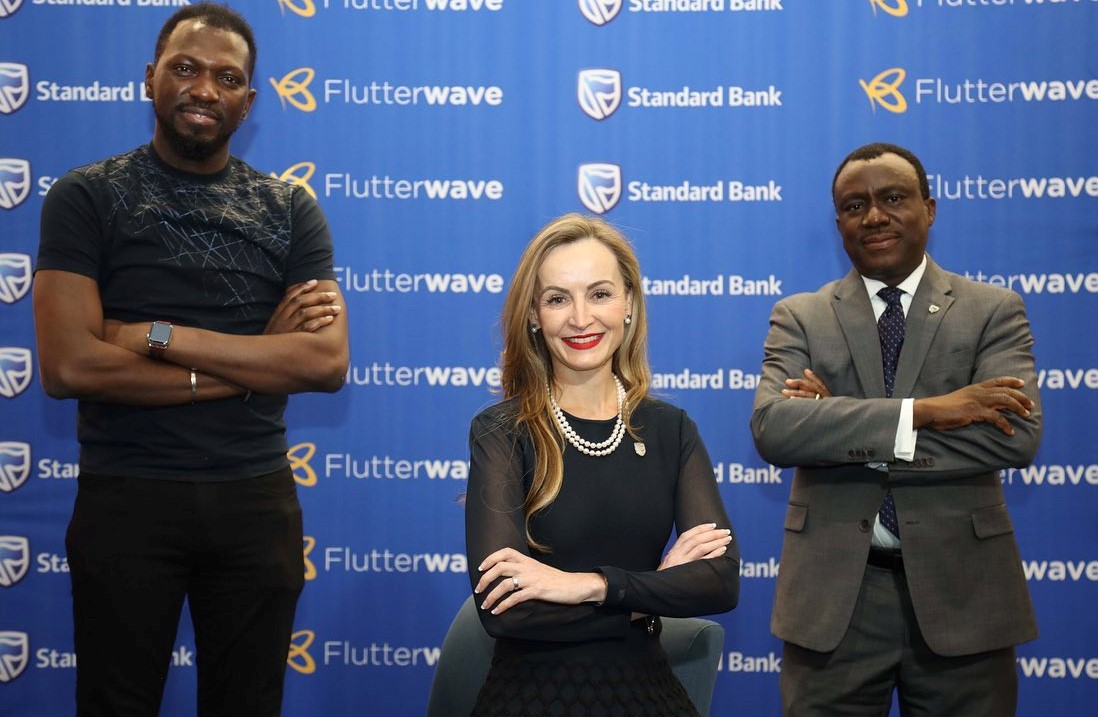
Flutterwave strives to be one of the best companies to work in the world. Flutterwave’s Chief Operations Officer, Bode Abifarin, stated in an interview that the company’s culture was shaped by its staff members and that it is still a work in progress.
#1. Leaders’ Characters Highlight the Company’s Core Values
Before Flutterwave began, the leaders spent some time developing their vision, purpose, and fundamental beliefs, but when they started, they just ruined and junked everything. Then, it took them roughly 5 or 6 years to develop their next set of fundamental beliefs. They wanted to make sure that all of the leaders were involved in establishing the Flutterwave person and core values, so they assigned one sponsor to each core value and defined what it meant. That is why Flutterwve’s set of fundamental principles is so distinct, and it appears to be one of the secrets to this unicorn’s rapid development.
#2. “We Can Do a Lot with the Right Mindset”
When the epidemic struck and the lockdown became unavoidable, we had to go from having a remote work policy to having remote work as the norm. It was a difficult time, but we discovered methods to adapt and survive. Months into the epidemic, we were no longer concerned with our own survival but with how to assist businesses and even economies in surviving the economic consequences of the virus, and Flutterwave has grown progressively effective since then. As a result, Agboola feels that the most essential element in the growth process, whether you are a Waver or not, is to build the proper mentality when faced with adversities. “It will not be easy at first. It will not look like it will blow over, but it will” said Agboola.
The Bottom Lines
Flutterwave’s desire to connect Africa to the rest of the world through payments still faces a number of chances and challenges. The enormity of the difficulty, according to Agboola, offers an opportunity for his business. He claims that the fact that many retailers are unaware of Flutterwave’s goods demonstrates how “frightening” the unicorn’s future development potential is. This excellent leader’s modesty and insight are evident in the way he frequently states about Flutterwave: “We are not big. We are small.”

